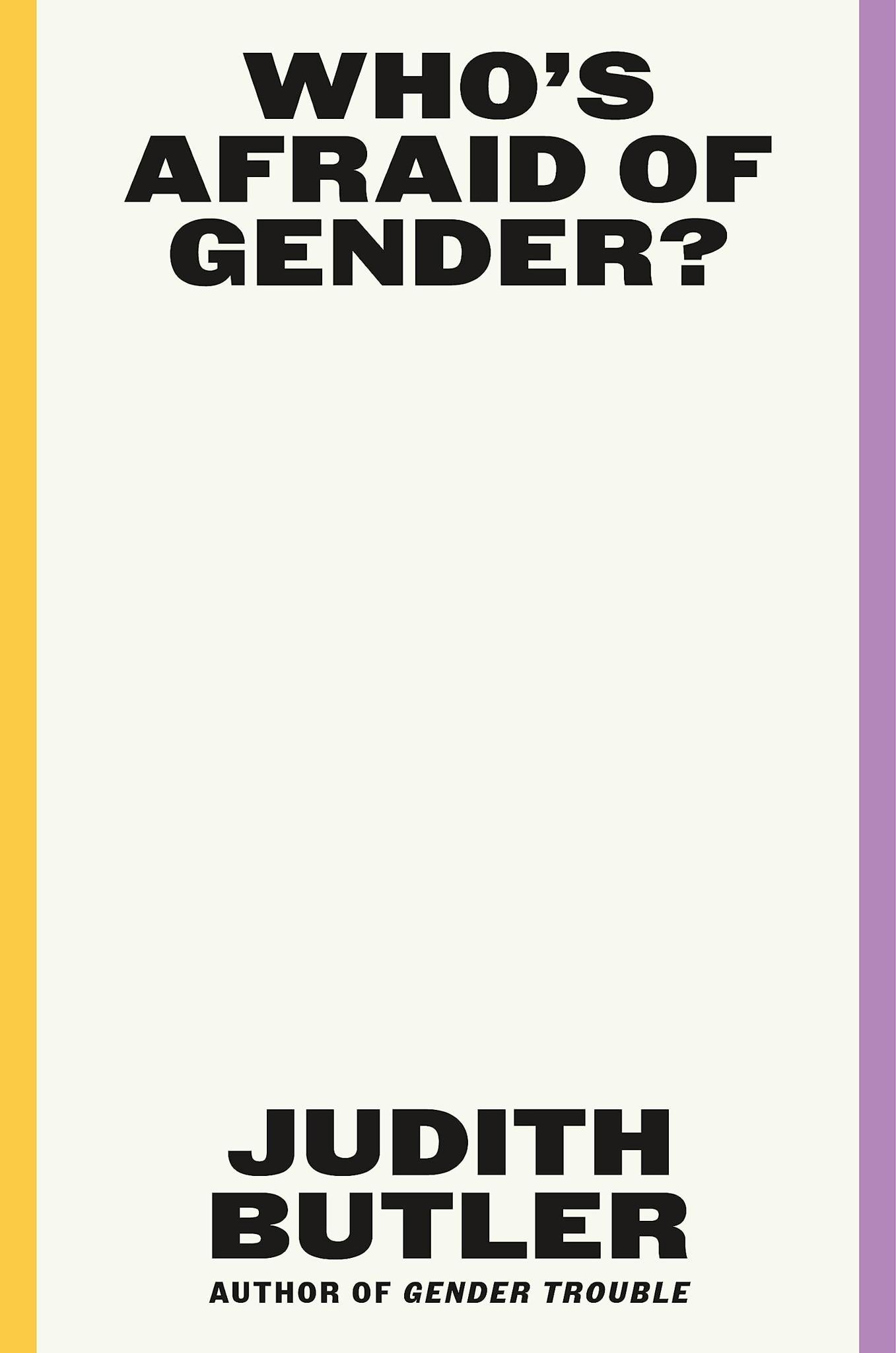
Who's Afraid of Gender? Hardcover
By Judith Butler
Named a Most Anticipated Book of 2024 by The New York Times, The Washington Post, Time, Los Angeles Times, ELLE, Cosmopolitan, Kirkus, Literary Hub, Autostraddle, The Millions, Electric Literature, and them.
"A profoundly urgent intervention.” ―Naomi Klein
"A timely must-read for anyone actively invested in re-imagining collective futurity.” ―Claudia Rankine
From a global icon, a bold, essential account of how a fear of gender is fueling reactionary politics around the world.
Judith Butler, the groundbreaking thinker whose iconic book Gender Trouble redefined how we think about gender and sexuality, confronts the attacks on “gender” that have become central to right-wing movements today. Global networks have formed “anti-gender ideology movements” that are dedicated to circulating a fantasy that gender is a dangerous, perhaps diabolical, threat to families, local cultures, civilization―and even “man” himself. Inflamed by the rhetoric of public figures, this movement has sought to nullify reproductive justice, undermine protections against sexual and gender violence, and strip trans and queer people of their rights to pursue a life without fear of violence.
The aim of Who’s Afraid of Gender? is not to offer a new theory of gender but to examine how “gender” has become a phantasm for emerging authoritarian regimes, fascist formations, and transexclusionary feminists. In their vital, courageous new book, Butler illuminates the concrete ways that this phantasm of “gender” collects and displaces anxieties and fears of destruction. Operating in tandem with deceptive accounts of “critical race theory” and xenophobic panics about migration, the anti-gender movement demonizes struggles for equality, fuels aggressive nationalism, and leaves millions of people vulnerable to subjugation.
An essential intervention into one of the most fraught issues of our moment, Who’s Afraid of Gender? is a bold call to refuse the alliance with authoritarian movements and to make a broad coalition with all those whose struggle for equality is linked with fighting injustice. Imagining new possibilities for both freedom and solidarity, Butler offers us a hopeful work of social and political analysis that is both timely and timeless―a book whose verve and rigor only they could deliver.
Choose options


